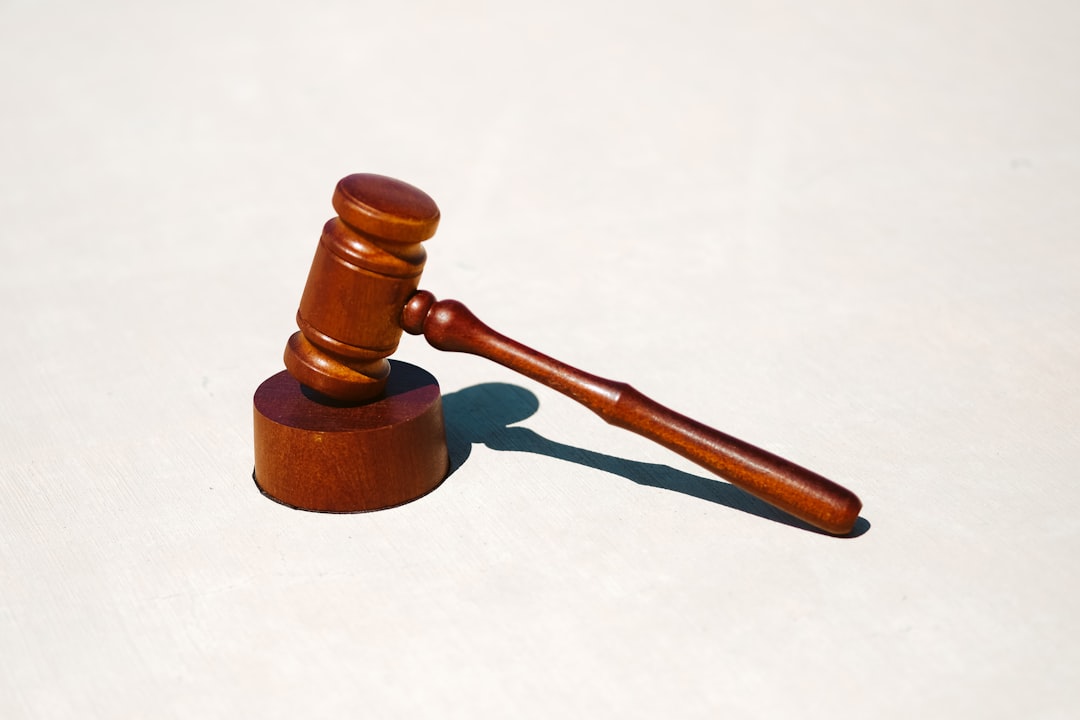In Philadelphia, consent is a critical element in rape cases, with legal definitions extending beyond verbal agreement. Reputable rape lawyers and attorneys from trusted law firms scrutinize nuances like verbal/non-verbal cues, past relationships, and absence of coercion to advocate for their clients. They navigate complex evidence and legal standards, ensuring justice while protecting victims' rights, especially those hesitant to come forward. Key search terms: rape lawyer Philadelphia PA, rape attorney Philadelphia PA, rape law firm Philadelphia PA.
In Philadelphia, as across the nation, understanding consent is a pivotal aspect of rape cases. This article explores the intricacies of consent as a defense strategy for rape lawyers and attorneys in Philadelphia, PA. We delve into the legal definition of consent, its impact on prosecutions, and the challenges in proving consent—or its absence—in court. Additionally, we examine strategies employed by rape law firms to navigate this complex issue during rape trials, offering valuable insights for victims and advocates alike.
For those seeking support, connecting with a reputable rape attorney or law firm in Philadelphia PA can provide guidance and ensure the best possible outcome.
Understanding Consent: A Key Element in Rape Cases
In Philadelphia rape cases, understanding consent is paramount. Consent, a voluntary and enthusiastic agreement to engage in sexual activity, serves as a key element that distinguishes between criminal conduct and consensual behavior. A rape lawyer in Philadelphia PA, or any of the area’s reputable rape attorneys or law firms (rape law firm Philadelphia PA), will emphasize this point when defending against such charges. The absence of clear and informed consent is often the primary factor that leads to prosecution, making it crucial for individuals to recognize and communicate their boundaries.
Rape cases are complex, and what constitutes consent can be a nuanced legal question. A rape attorney in Philadelphia PA from a reliable law firm (rape lawyers Philadelphia PA) will help navigate this complexity by examining factors such as verbal communication, non-verbal cues, past relationships, and the presence or absence of coercion or force. Understanding these nuances is essential for both parties to ensure justice is served and to protect the rights of all involved, especially victims who may be reticent to come forward.
The Legal Definition of Consent and Its Impact on Prosecutions
In Philadelphia, as in many jurisdictions across the United States, consent is a critical element in rape cases. The legal definition of consent goes beyond mere words; it involves clear, voluntary, and enthusiastic agreement to engage in sexual activity. The absence of explicit consent can lead to prosecution for rape, which carries severe legal consequences. When evaluating consent, courts consider factors such as the presence or absence of verbal communication, body language, previous relationships between parties, and the existence of any coercion, threats, or intoxication that might impair decision-making capacity.
For a successful rape prosecution, prosecutors must prove beyond a reasonable doubt that consent was lacking. This places a significant burden on the legal system to define and assess consent accurately. A skilled rape lawyer in Philadelphia PA can help navigate these complexities by examining evidence from multiple perspectives, including medical records, witness testimonies, and behavioral analysis. They advocate for their clients’ rights while ensuring that justice is served, thereby underscoring the critical role of legal representation for individuals facing rape allegations, as supported by reputable rape law firms in Philadelphia PA.
Challenges in Proving Consent (and its Absence) in Court
Proving consent—or its absence—in rape cases can be a complex and challenging task, especially in Philadelphia courts. The onus is often on the survivor to demonstrate that they did not give their permission or that their consent was withdrawn, which can be difficult given the intimate nature of sexual encounters. In many instances, there may be no witnesses or physical evidence, relying heavily on the testimonies of the survivor and the accused. This dynamic can be problematic as survivors’ memories might not always be clear or accurate, and accusations could be exaggerated or twisted, making it a challenging legal landscape for rape lawyers in Philadelphia, PA.
The absence of clear consent is crucial in these cases, and prosecutors must establish beyond a reasonable doubt that no consent was given. Rape attorneys in Philadelphia, PA, often employ strategies to uncover subtle cues or patterns that might indicate lack of consent, such as prior communication or behavior suggesting hesitancy, fear, or resistance. Furthermore, the legal definition of consent requires clear and voluntary agreement, excluding any form of coercion, force, or manipulation, which can be a delicate matter for rape law firms in Philadelphia, PA, to navigate when presenting their cases.
Strategies for Defense: Navigating Consent as a Legal Argument in Philadelphia Rape Trials
In Philadelphia rape cases, navigating consent as a legal argument requires a strategic approach. A skilled rape lawyer or rape attorney from a reputable rape law firm in Philadelphia PA understands that proving consent is an intricate task, often relying on subjective evidence such as communication history and behavior between the complainant and accused. They employ strategies like scrutinizing the circumstances leading up to the encounter, analyzing body language, and exploring any prior relationships to challenge the prosecution’s claim of non-consensual acts.
These legal professionals also leverage the legal definitions of consent, which vary by jurisdiction, to their advantage. In Pennsylvania, for instance, clear and voluntary agreement is crucial. Defense teams may argue that the complainant gave explicit consent or that there was a misunderstanding about the nature of the encounter, thereby undermining the prosecution’s case. This meticulous navigation requires extensive knowledge of rape laws in Philadelphia PA and the ability to present compelling counter-arguments, ultimately aiming to protect the rights of the accused.






